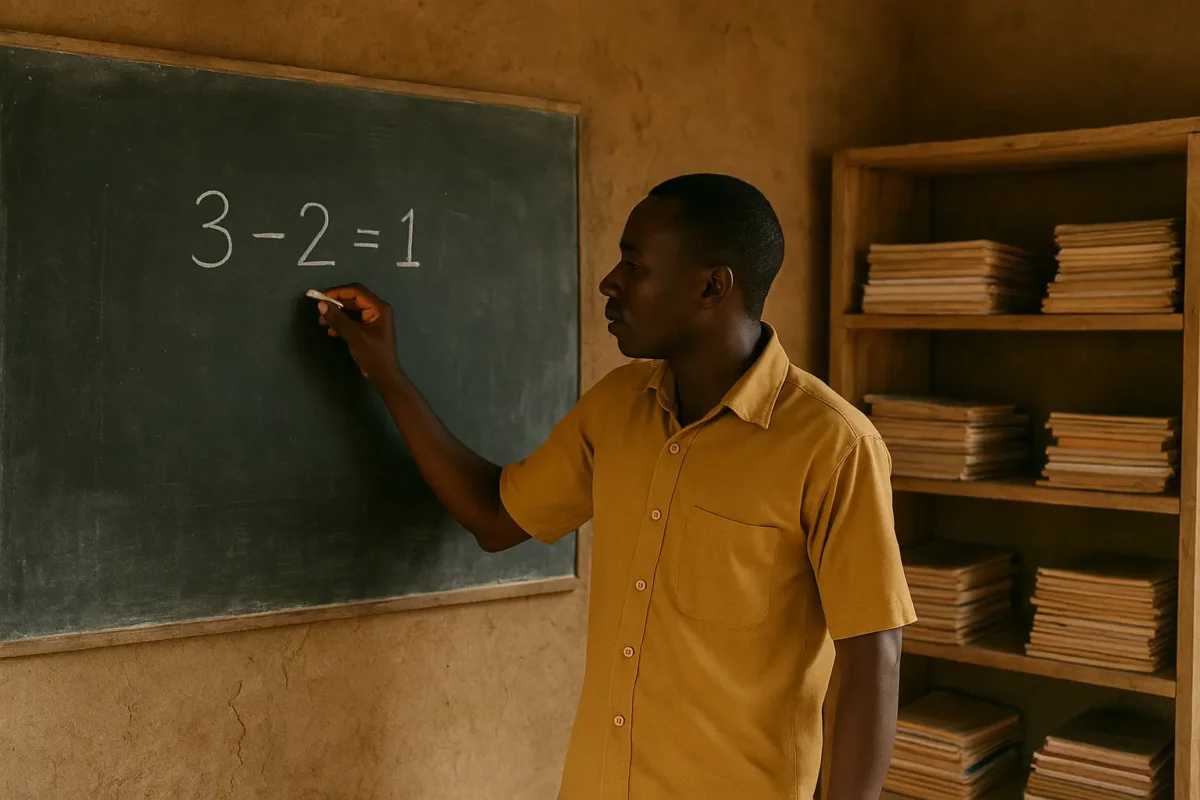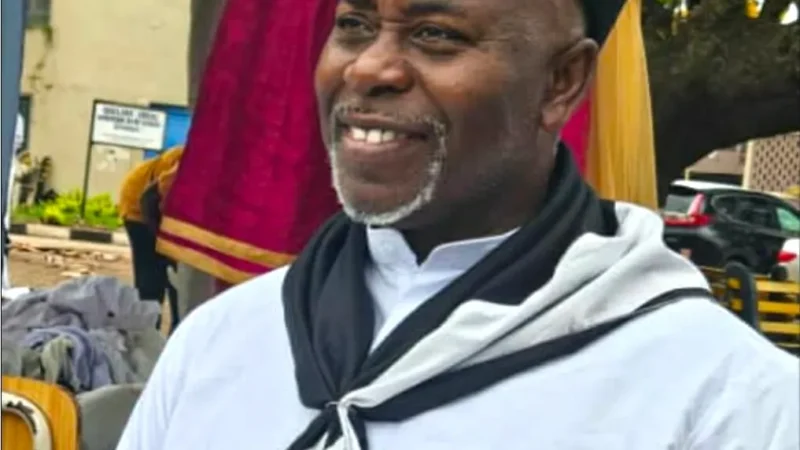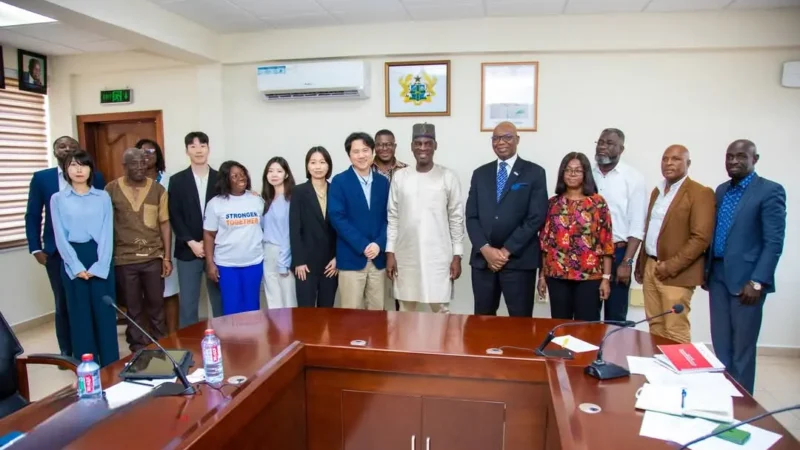The Ghana Education Strategic Plan (ESP) 2018–2030 was launched to provide a coordinated and inclusive framework for transforming the country’s education sector. The ESP is anchored on achieving SDG 4. Ghana’s ESP outlines priorities for key areas such as equitable access, quality education, and improved management at all levels. Seven (7) years into implementation, Ghana has made notable progress – but serious challenges still remain, particularly in rural teacher deployment and infrastructure deficits.
ESP Progress So Far
- Free SHS Policy: One of the flagship achievements is the continued rollout of the Free Senior High School (SHS) policy, which has significantly increased enrolment and retention rates at the secondary level.
- Curriculum Reforms: Ghana introduced a standards-based curriculum at the basic education level in 2019, emphasizing creativity, problem-solving, and national values.
- TVET Reform: The Technical and Vocational Education and Training (TVET) sector has seen reforms, including infrastructure investment and institutional consolidation.
- Improved Monitoring and Evaluation: Progress has been made in data collection and policy monitoring through the Education Management Information System (EMIS).
Partial Achievements of ESP
- Teacher Professional Development: While the National Teaching Council (NTC) has strengthened licensing and training efforts, continuous professional development is still has some challenges, particularly on how professional training and points allocation for renewal is concern.
- Inclusive Education: Efforts to mainstream children with disabilities have been made, yet the availability of special needs teachers and facilities remains insufficient.
Unmet Targets and Pressing Challenges of ESP
- Severe Teacher Shortages in Rural Areas: Despite training output increases, rural and underserved districts continue to suffer from acute shortages of qualified teachers. Many refuse rural postings due to poor living conditions and lack of incentives.
- Poor Infrastructure in Rural Communities: Numerous rural schools lack adequate classrooms, furniture, toilets, electricity, and ICT tools – undermining the learning environment.
- Early Childhood Education Neglect: Investment in kindergarten infrastructure and materials has been limited, even though early learning is critical for future success.
- Inequity in Education Financing: Urban schools tend to benefit more from resources and donations, widening the rural-urban education gap.
Call to Action: Ministry of Education and GES
The Ministry of Education and the Ghana Education Service (GES) must intensify efforts to:
- Deploy teachers equitably, with strong rural posting incentives and support systems.
- Prioritize rural infrastructure in budget allocations and donor-funded projects.
- Accelerate digital transformation in rural schools through solar-powered ICT labs and internet access.
- Enforce accountability mechanisms to ensure ESP targets are not lost to bureaucratic inertia.
The Role of Development Partners and Stakeholders on ESP
Partners such as UNICEF, UNESCO, GPE, civil society organizations, and private foundations can help by:
- Funding rural school construction and teacher accommodations.
- Supporting teacher training programs tailored to remote communities.
- Providing assistive technologies for inclusive education.
- Supporting community-based monitoring systems for transparency and feedback.
The ESP 2018–2030 is Ghana’s blueprint for transforming education, but its success depends on resolving teacher shortages, bridging infrastructure gaps, and mobilizing all stakeholders to act. As we move towards 2030, it is critical that no child – especially in remote communities – is left behind.
Keep following GH Educate for more credible Updates and News
Kindly share with others






One thought on “Progress, Gaps, and Way forward on the Education Strategic Plan (2018–2030)”